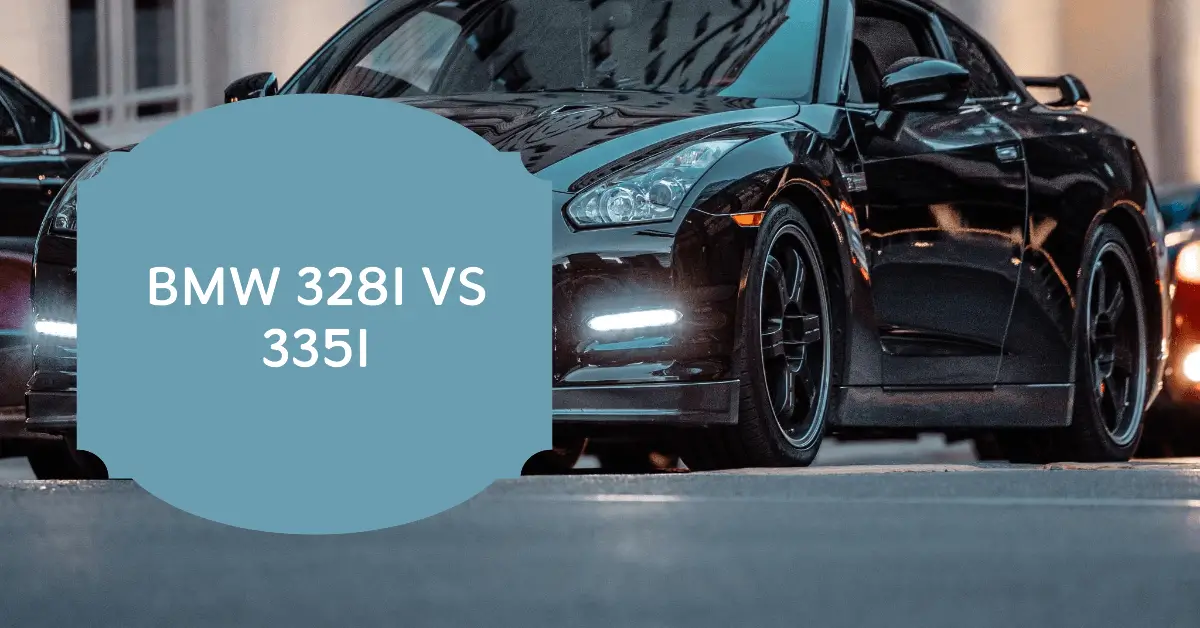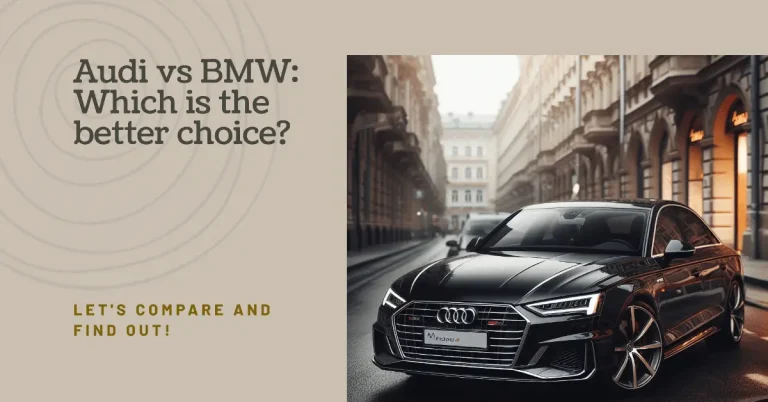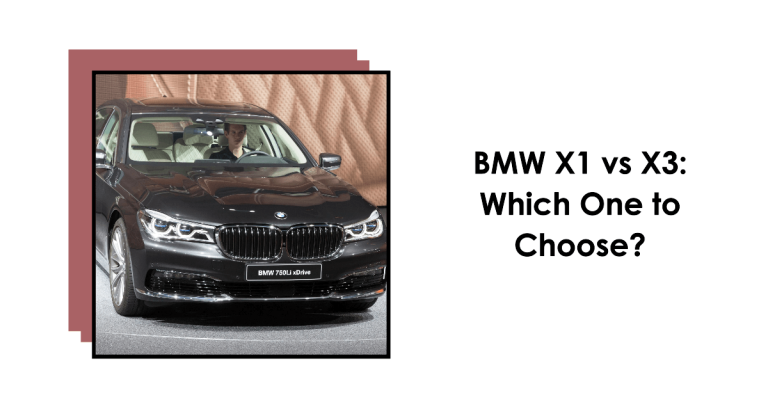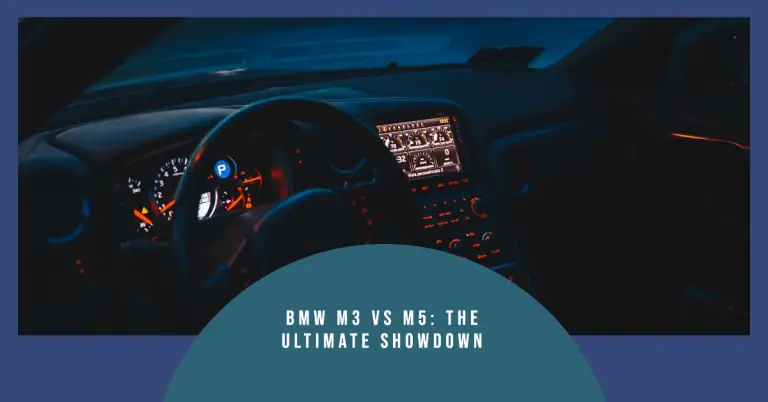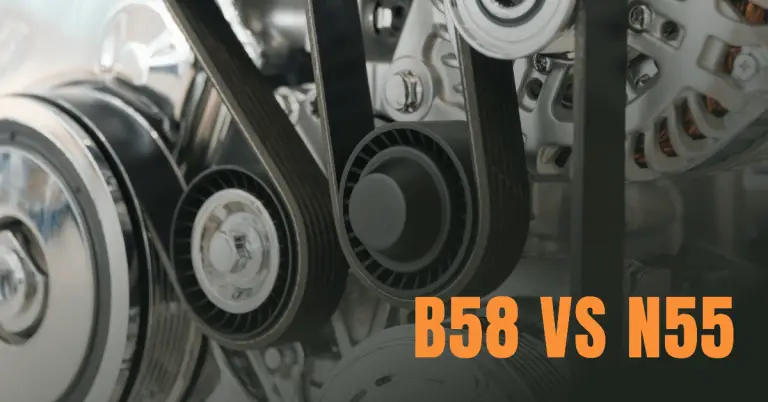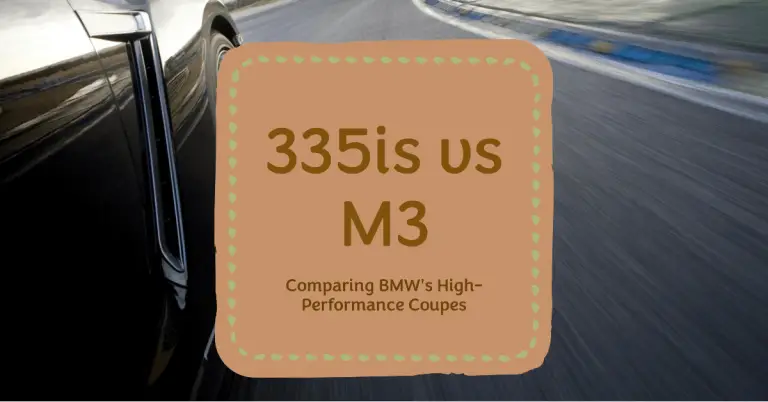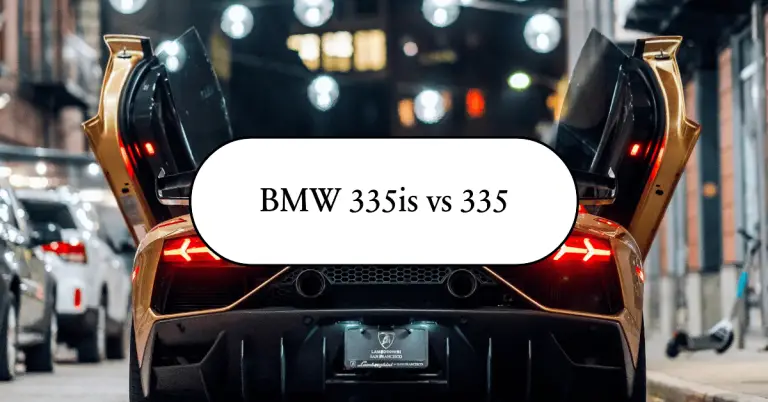Bmw 328i vs 335i: Which One Should You Choose?
Are you looking to buy a BMW 3 series but can’t decide between the 328i and 335i models? As two of the most popular options in BMW’s legendary compact luxury sedan line, the 328i and 335i have a lot in common but also key differences.
This in-depth comparison will examine the specs, performance, fuel economy, pricing, and reliability of the BMW 328i vs 335i. By the end, you’ll have all the details to determine which is the better choice for your needs and budget.
Engine and Key Specs
Under the hood is where we find the biggest differences between the 328i and 335i.
The 328i is powered by a 2.0L TwinPower Turbo 4-cylinder engine producing 240 horsepower and 255 lb-ft of torque. This peppy turbocharged engine provides smooth, quick acceleration. The 328i comes with a standard 8-speed automatic transmission, with the option to upgrade to a 6-speed manual.
On the other hand, the 335i packs a punch with its 3.0L TwinPower Turbo inline 6-cylinder engine pumping out 300 horsepower and 300 lb-ft of torque. This high-output motor delivers on the BMW promise of ultimate driving performance. Like the 328i, the standard transmission is an 8-speed automatic with the 6-speed manual as an available option.
Clearly, the 335i has a more powerful engine providing an extra 60 horsepower over the 328i. This gives the 335i a significant advantage when it comes to acceleration and speed.
Performance and Handling Comparison
The more powerful engine ensures the BMW 335i has faster acceleration off the line and greater passing power than the 328i. The 335i goes 0 to 60 mph in just 5.1 seconds with the automatic transmission. The 328i isn’t too far behind at 5.9 seconds 0-60 mph, but most drivers will notice the 335i feels significantly quicker.
Flooring the gas pedal in the 335i provides an incredible burst of speed, pinning passengers back into their seats. The smooth power delivery and turbine-like pull of the 335i’s inline-6 engine bring a smile to the face of any driving enthusiast. The 328i with its 4-cylinder still provides a pleasing acceleration curve and energetic feel, but lacks the visceral thrill of the more powerful 335i.
In terms of handling, both models benefit from the balanced rear-wheel drive platform and precise steering that makes BMWs famous. The 3 Series cars carve up twisty roads and take corners with confidence and poise. Slight differences in suspension tuning give the 328i a bit smoother ride quality than the sportier 335i. But overall, both offer exceptional handling and control that heightens the driving experience.
So when it comes to real world driving enjoyment, the extra power of the 335i sets it ahead of the 328i. But the 328i still delivers quick acceleration and athletic handling – it’s just a bit less exciting than its higher-output sibling.
Fuel Economy Comparison
With the greater power comes increased fuel consumption in the BMW 335i compared to the 328i. Here’s a look at the EPA ratings:
- 328i MPG: 23 city / 34 highway / 27 combined
- 335i MPG: 20 city / 30 highway / 23 combined
As expected, the 328i’s 4-cylinder engine and lower horsepower give it better gas mileage, especially for highway driving. In mixed driving conditions, you can expect nearly 4 MPG better fuel economy from the 328i.
An important consideration is that the 335i requires premium 91+ octane fuel, while the 328i takes regular 87 octane. Premium gas costs significantly more per gallon than regular, so that closes the gas budget gap further between these two models. Fuel costs will be noticeably higher if opting for the more powerful 335i.
For drivers doing a lot of city commuting or highway road tripping, the 328i is going to be the more frugal choice. But the 335i is still reasonably fuel efficient for its level of performance. Premium fuel requirement aside, its EPA ratings are comparable to other 300+ hp sports sedans.
Reliability and Ownership Costs
Over their lifetime, especially out of warranty, luxury performance models like these BMWs have significantly higher maintenance and repair costs than typical family sedans. However, reliability is quite good for both the 328i and 335i if the recommended maintenance is followed. Here’s a quick look at expected reliability and costs:
- 328i – Overall solid reliability. Lower repair costs on average than 335i.
- 335i – Also has proven reliable, but higher engine wear and tear. More expensive to repair due to premium parts.
The main reliability knock on the 335i is its turbocharged engine tends put more strain on components like gaskets, valves, fuel injectors compared to the 328i. This together with using premium fuel makes the 335i more costly to own long term.
Proactive maintenance is key for both models to maximize longevity. But on average, the 328i will have lower lifetime ownership costs than the performance-oriented 335i.
Pricing and Value Comparison
As BMW’s entry-level 3 series sedan, the 328i is the more affordable choice with a starting MSRP around $39,000. The top-of-the-line 335i starts around $48,000. However, most buyers add options packages, bringing realistic pricing to:
- 328i – Mid $40,000s range
- 335i – Mid $50,000s range
That means buyers can expect to pay around $5,000 to $10,000 more for a comparable 335i vs 328i.
Resale value predictions also favor the 335i. Its greater performance and demand from driving enthusiasts is expected to make the 335i retain around 5% to 10% more value after 5 years of ownership.
So which is the better value? It depends on budget and desires. The 328i delivers excellent acceleration and handling for its class, while undercutting rivals in starting price. Going for the 335i buys you exhilarating acceleration at the expense of fuel costs and upfront pricing. Take your pick based on performance needs and budget limitations.
Which is Better for You – 328i or 335i?
By this point, you probably have a good feel for whether the BMW 328i or 335i is the better match. To summarize:
Get the BMW 328i if you:
- Prioritize fuel efficiency and lower ownership costs
- Don’t require ultra high performance
- Prefer smoother, quieter ride
- Have budget limitations
Get the BMW 335i if you:
- Want maximum acceleration and driving excitement
- Are willing to pay for premium fuel costs
- Appreciate the sound and feel of an inline-6
- Plan to keep resale value after 5+ years
Both are amazing driver’s cars that offer the vaunted BMW driving experience. But only you can decide if that 60 horsepower difference is worth several thousand dollars now and potentially higher fuel and repair costs down the road.
For buyers focused on a balance of performance, luxury and value, the 328i makes a lot of sense. But if you have a need for speed, the thrilling acceleration of the 335i may win out, even with the higher pricing.
Whichever you choose, you can be confident with a BMW 3 Series you’re getting one of the most fun-to-drive and well-rounded luxury sports sedans on the market. Let your budget and performance demands steer you toward the 328i or 335i. Both will provide endless smiles per mile behind the wheel.
Key Takeaways: 328i vs 335i
- 335i engine has 60 more horsepower resulting in faster acceleration
- But 328i still provides quick speed with its 4-cylinder turbo
- 335i requires premium gas, reducing fuel cost advantage
- 328i more affordable to purchase and own long term
- 335i has higher resale value from enthusiast demand
- Both offer incredible handling and driving dynamics
- Pick 328i for value, 335i for performance
Choose the BMW 3 Series model that best fits your needs and priorities after weighing this comprehensive comparison. Either way, you’ll have a world-class sports sedan to enjoy for years to come.

